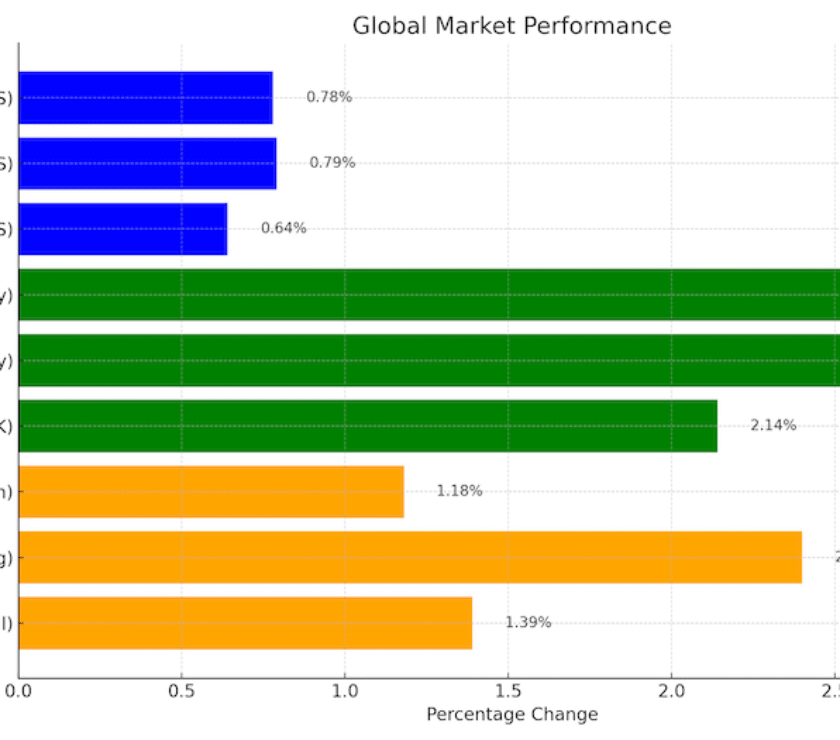As the federal minimum wage remains stuck at $7.25 an hour since 2009, 21 states have taken action to boost their minimum wages for 2025. These changes could mean better pay for millions of workers across the country. Is your state on the list?
Why Are States Increasing Minimum Wages?
While federal action has stalled, many states have implemented wage hikes due to inflation, cost-of-living adjustments, or voter-driven initiatives. Some states aim to provide a livable wage, while others link increases to consumer price indices.
Which states are raising minimum wages?
Here are the states with updated minimum wages for 2025 and the new rates:
- Florida: $12.00/hour (set to increase annually until $15/hour by 2026)
- New York: $15.00/hour (upstate minimum rose to match NYC rates)
-
California: $16.50/hour (statewide, with higher rates in cities like San Francisco and Los Angeles)
-
Washington: $16.28/hour (statewide, with higher rates in Seattle and other cities)
-
Massachusetts: $15.50/hour (statewide)
-
Connecticut: $15.69/hour (statewide)
-
Rhode Island: $15.00/hour (statewide)
-
Delaware: $13.25/hour (increasing annually until reaching $15.00/hour)
-
Illinois: $14.00/hour (statewide)
-
Nevada: $12.00/hour (with health benefits) / $13.00/hour (without health benefits)
-
Michigan: $10.33/hour (subject to annual cost-of-living adjustments)
-
Minnesota: $10.85/hour (large employers) / $8.85/hour (small employers)
-
Colorado: $14.42/hour (statewide, higher in Denver)
-
Oregon: $14.20/hour (standard rate, higher in Portland metro area)
-
Hawaii: $14.00/hour (set to increase to $16.00/hour by 2026)
-
New Jersey: $15.13/hour (statewide)
-
Rhode Island: $15.00/hour (statewide)
-
Vermont: $13.67/hour (subject to annual cost-of-living adjustments)
- Nebraska: 1/3/25: $13.50
-
Maryland: $15.00/hour
- South Dakota: $11.50
What This Means for Workers and Businesses
Higher wages can:
- Boost purchasing power for low-income workers
- Improve employee retention and satisfaction
However, businesses may face challenges like increased labor costs, potentially leading to price hikes or staffing adjustments.
Twenty states and Washington D.C. automatically adjust their minimum wages each year based on inflation rates. While many of these changes take effect in January, some states implement their increases during other months throughout the year.
Seven states trail behind federal standards when it comes to minimum wage requirements. Alabama, Georgia, Louisiana, Mississippi, South Carolina, Tennessee, and Wyoming either lack state-level minimum wage laws entirely or maintain rates lower than the federal minimum of $7.25 per hour. In these cases, most workers default to receiving the federal minimum wage.




